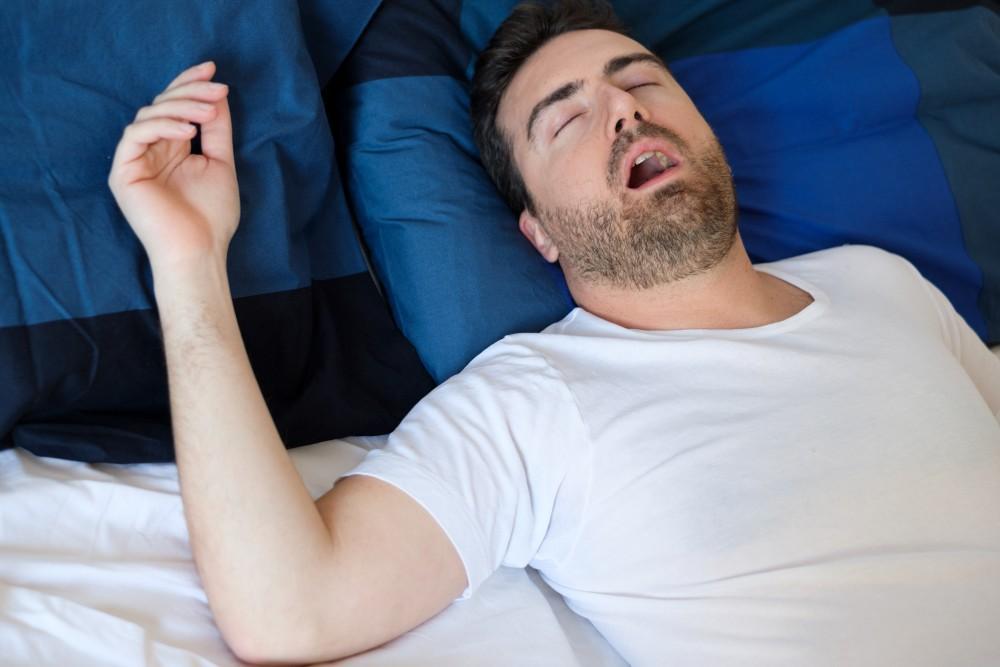
Sleep Apnea – Am I at risk?
How common is Sleep Apnea?
Over 40 million Americans suffer from a sleep disorder, and 20 million suffer from OSA. Despite the high prevalence, 93% of women and 82% of men with moderate to severe OSA remain undiagnosed. In a community-based study, men were found to be 2 times more likely than women to have OSA. However, men are 8 times more likely to be treated for OSA than women. This suggests that the symptoms of OSA in women are often attributed to other conditions, such as chronic fatigue syndrome, depression, and fibromyalgia.
Symptoms of Sleep Apnea
- Heavy Snoring
- Witnessed Apnea/Observed episodes of breathing cessation
- Excessive Daytime Sleepiness – Hypersomnia
- Restless Sleep
- Loss of Energy/Fatigue
- Morning Headaches
- Awakening with a dry mouth or sore throat
- Frequent trips to the bathroom – Nocturia
Untreated Sleep Apnea can severely affect the quality of life, health, and mortality. Clinical research shows that it is linked strongly to a range of serious, life-threatening diseases such as stroke, heart failure, hypertension, diabetes, obesity, and coronary heart disease.
Sleep Apnea Risk Factors
Neck Circumference
A neck circumference of 16.5 or more inches is typically associated with an increased risk for obstructive sleep apnea.
- High blood pressure – Hypertension: Sleep apnea is commonly diagnosed in people with hypertension.
- Obesity or Excess Weight Excess: weight around your upper airway may obstruct your breathing. However, not everyone who has sleep apnea is overweight.
- A Narrowed Airway: A narrowed airway can be inherited, or your tonsils or adenoids may become enlarged. This can block the airway.
- Male vs. Female: Men are two times as likely as women to have sleep apnea. However, women increase their risk if they are overweight, and the risk also appears to rise after menopause.
- Age: Sleep apnea occurs 2-3 times more often in adults older than 65.
- Alcohol, Sedatives or Tranquilizers: These can relax the muscles in your throat.
- Family History: You may be at increased risk for sleep apnea if you have a family history.
- Smoking: Smokers are 3 times as likely to have obstructive sleep apnea.
You Might Also Enjoy...


4 Surprising Symptoms of Obstructive Sleep Apnea

Got Thinning Hair? Here Are 5 Treatment Options to Turn it Around

Can a Sinus Infection Lead to an Ear Infection?

Erase Lines and Look Your Best for the Holidays with Botox®

